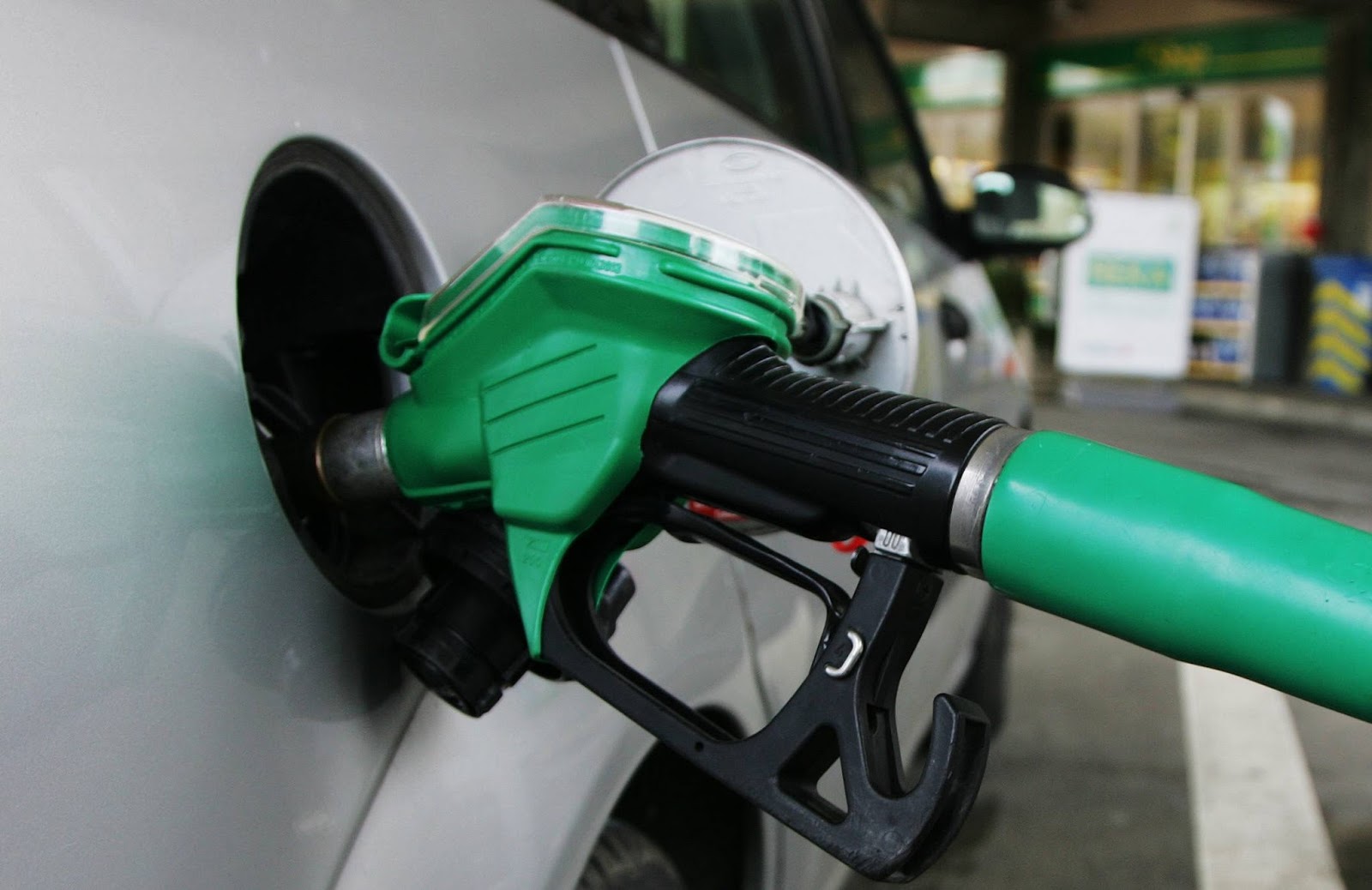In a development that is generating significant public angst against the Muhammadu Buhari administration and spawned a wave of protests, the government had increased the pump price of Premium Motor Spirit (PMS) popularly referred to as fuel, from N145 to N151.5 per litre ex-depot, meaning a pump price hovering between N158-161 per litre with immediate effect.
The Minister of State for Petroleum Resources, Timipre Sylva, had justified the price increase as dictated by the dwindling revenue of the federal government and the need to cut costs, including the withdrawal of the present regime of subsidy on the price of fuel. Speaking further, Sylva disclosed that the government is now to withdraw from participating in price fixing and concentrate on protecting consumers from the abuses by marketers of petroleum products. According to him, government revenue has depleted significantly with the ravages of the COVID-19 pandemic.
- Buhari defends hike in fuel price, electricity tariff
- Reverse fuel price, electricity tariff now or face resistance, Northern Coalition urges Buhari
Meanwhile, to accentuate the revulsion of a wide cross-section of Nigerians to the fuel price hike, a burgeoning coalition of interests in various sectors of the nation is priming for a showdown with the government if it does not rescind its decision on the fuel price hike. Featuring in the opposition to price hike are students, labour unions and even the senate, which is contemplating calling off the ongoing recess and resuming immediately to address the matter. However, with the prevailing circumstances especially the government’s fiscal quandary and the imperative of removing the fuel subsidy, it is likely that the country may be going into a prolonged face-off between the government and the citizens.
Without doubt, the issue of managing fuel subsidy has been a thorny factor in the country’s fiscal regime for several years, with a strong polarity between protagonists who support its retention on the basis of providing a social safety net for the citizenry, and its opponents who call for its withdrawal purely on the mechanistic economic argument of national survival, minimising revenue leakages. In another vein, there are also several factors that render the withdrawal of the fuel subsidy and attendant fuel price hike unjustified especially at this time. Firstly, is the fact that Nigerians are still in the process of exiting the biting ravages of the global COVID-19 pandemic which virtually shut down the global economy with Nigeria’s in tow, and left most citizens in financial incontinence. Given that the PMS remains the backbone of public transportation and the engine driving the main stream of the informal sector which accounts for over 90% of the country’s productivity, it remains inappropriate for any reason other than a shooting war against the country, to allow such a price hike. To deepen the agony of Nigerians, the fuel price hike is coming in tandem with similar hike in electricity tariffs.
Beyond the questionable timing of the price hike, is the suspect economic management style of the administration which is believed to be the basis for its looming insolvency resulting from diminishing revenues. In the light of incoherence in the government’s fiscal regime, compromised discipline in the machinery of the public bureaucracy and high level of corruption, the administration has compounded its woes with a heavy debt burden. According to available evidence, in recent times under the present administration, the country spends at least one third of its national budget on debt servicing with the foreign debt component owed China on bilateral terms that often contain questionable terms and conditions. In the playout of this free-for-all economic management system, it was not difficult to foresee a day like this when the country will fall into such a quandary as the present one.
In the light of the incongruity of the present fuel price hike, and the growing resentment from critical sections of the citizenry, it becomes most advisable for the government to reverse the price hike, and consider more constructive options to guide further action in the matter of fuel subsidy.

 Join Daily Trust WhatsApp Community For Quick Access To News and Happenings Around You.
Join Daily Trust WhatsApp Community For Quick Access To News and Happenings Around You.


